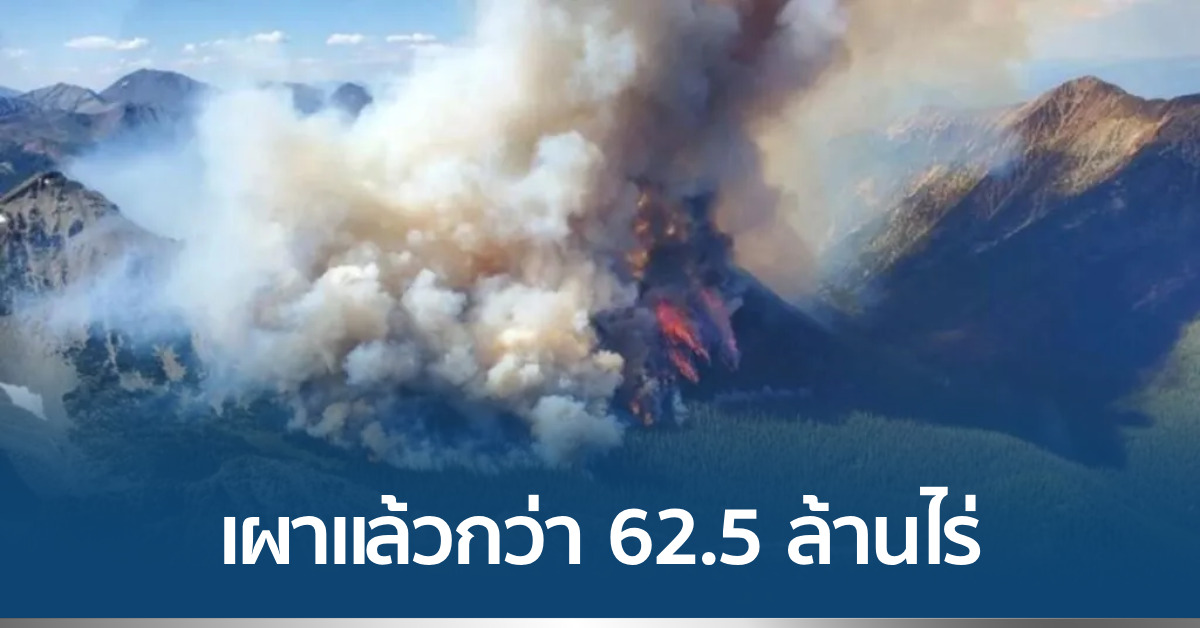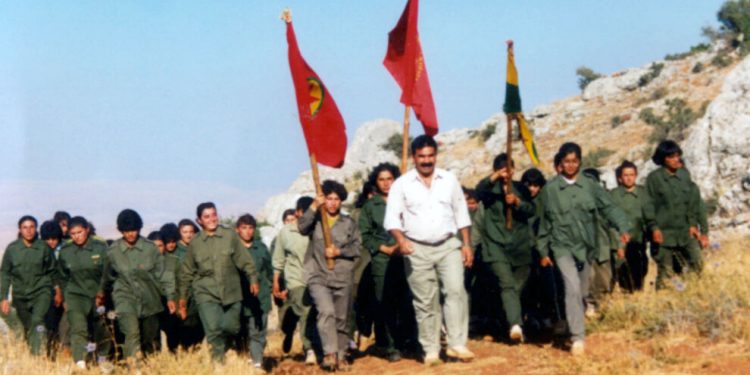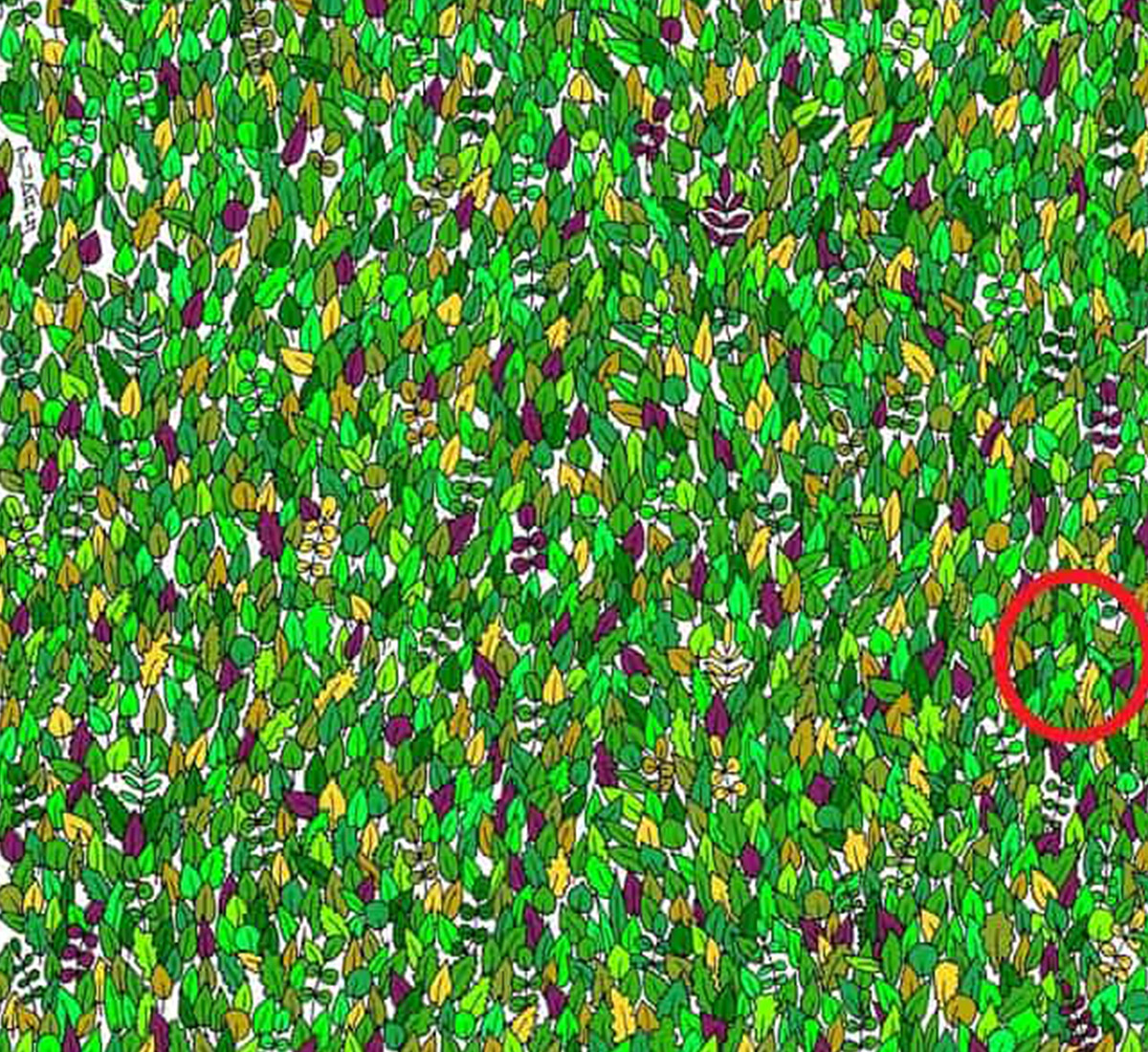Global Forest Loss: Wildfires Push Destruction To Unprecedented Levels

Table of Contents
The Devastating Impact of Wildfires on Global Forests
The frequency and intensity of wildfires globally are surging, inextricably linked to the effects of climate change. Rising global temperatures, prolonged droughts, and increasingly erratic weather patterns create ideal conditions for devastating infernos. These aren't just small, contained blazes; we're seeing an increase in catastrophic crown fires that consume entire forest canopies and ground fires that burn deep into the soil, leaving behind barren landscapes for years.
The destructive power of these wildfires is undeniable. Consider the 2019-2020 Australian bushfires, which burned an estimated 18.6 million hectares, or the 2021 Northwest Pacific wildfires in North America, which scorched millions more. These events represent not only the loss of trees but the annihilation of entire forest ecosystems, including countless plant and animal species. The impact on air quality, both locally and globally, is also significant, contributing to respiratory illnesses and exacerbating climate change.
- Increased frequency of extreme weather events: Heatwaves and lightning strikes are igniting fires more often.
- Longer fire seasons: Warmer temperatures extend the period when wildfires are a threat.
- Larger areas affected by each fire: Increased fuel loads and drier conditions allow fires to spread rapidly and uncontrollably.
- Increased difficulty in containing wildfires: Extreme weather conditions make firefighting efforts more challenging and dangerous.
The Interconnectedness of Deforestation and Wildfires
Deforestation and wildfires are tragically intertwined. The removal of trees, whether through logging, agricultural expansion, or urbanization, creates a dangerous feedback loop that increases wildfire risk. Cleared land often leaves behind dry underbrush and deadwood, acting as readily available fuel for fires. Furthermore, the loss of forest cover alters local weather patterns, leading to drier conditions and increased susceptibility to ignition.
The impact extends far beyond the immediate destruction. Deforestation disrupts the carbon cycle, releasing vast amounts of stored carbon into the atmosphere and accelerating climate change. It also leads to significant biodiversity loss, wiping out irreplaceable habitats and threatening countless species.
- Loss of natural firebreaks: Intact forests act as natural barriers, slowing the spread of wildfires.
- Increased fuel loads: Accumulated deadwood and underbrush provide ample fuel for larger and more intense fires.
- Habitat fragmentation: Deforestation creates isolated patches of forest, making wildlife more vulnerable.
- Increased vulnerability to invasive species: Disturbed ecosystems are more susceptible to invasion by non-native species, further disrupting the balance of nature.
Combating Global Forest Loss: Strategies for Prevention and Mitigation
Addressing the escalating crisis of global forest loss requires a multi-pronged approach combining prevention, mitigation, and restoration efforts. We must invest heavily in:
-
Wildfire prevention: This includes implementing controlled burns under careful supervision to reduce fuel loads, improving forest management practices to create more resilient ecosystems, and creating firebreaks to contain wildfires. Early warning systems, utilizing satellite technology and improved communication networks, are also crucial.
-
Wildfire mitigation: Investing in advanced firefighting technologies, training firefighters, and improving access to remote areas are key to mitigating the impact of wildfires. Community-based fire management programs can play a vital role in preventing and fighting fires, drawing on local knowledge and resources.
-
Reforestation and afforestation: Planting trees is essential for restoring damaged forests and expanding forest cover. This effort requires significant investment, collaboration between governments and organizations, and careful species selection to ensure the success of reforestation projects.
-
International cooperation and policy changes: Addressing global forest loss demands international collaboration. Strengthening international agreements on climate change, promoting sustainable forestry practices globally, and fostering collaboration between nations are crucial steps towards a solution.
-
Investing in early detection and response systems: Rapid detection can significantly improve the chance of containing wildfires before they spread.
-
Implementing sustainable forestry practices: Responsible logging and forest management techniques minimize the risk of wildfires.
-
Promoting community-based fire management: Local communities can play a critical role in fire prevention and response.
-
Strengthening international agreements on climate change: Global cooperation is vital to address the root causes of wildfires.
Conclusion: Addressing the Urgent Threat of Global Forest Loss from Wildfires
The evidence is clear: global forest loss, fueled by increasingly intense wildfires, is reaching unprecedented levels. The interconnectedness of deforestation, climate change, and wildfire risk presents a formidable challenge, demanding immediate and concerted action. Unchecked forest loss will continue to exacerbate climate change, drive biodiversity loss, and have devastating economic and social consequences.
We must act now. Learn more about global forest loss and its impact. Support organizations dedicated to forest conservation and wildfire mitigation. Advocate for policies that prioritize sustainable forestry practices, invest in wildfire prevention and response, and champion global efforts to combat climate change. Together, we can protect our forests and safeguard the future of our planet. Let's make combating deforestation and wildfire mitigation a global priority.

Featured Posts
-
 Us Bands Glastonbury Gig Unconfirmed But Confirmed
May 24, 2025
Us Bands Glastonbury Gig Unconfirmed But Confirmed
May 24, 2025 -
 Hemen Intikam Alan 5 Burc Ihanete Karsi Dayaniklilik
May 24, 2025
Hemen Intikam Alan 5 Burc Ihanete Karsi Dayaniklilik
May 24, 2025 -
 How To Interpret The Net Asset Value Nav Of Amundi Msci All Country World Ucits Etf Usd Acc
May 24, 2025
How To Interpret The Net Asset Value Nav Of Amundi Msci All Country World Ucits Etf Usd Acc
May 24, 2025 -
 89 Svadeb V Odin Den Kharkovschina Otmetila Krasivuyu Datu
May 24, 2025
89 Svadeb V Odin Den Kharkovschina Otmetila Krasivuyu Datu
May 24, 2025 -
 Tracking The Net Asset Value Nav Of The Amundi Dow Jones Industrial Average Ucits Etf
May 24, 2025
Tracking The Net Asset Value Nav Of The Amundi Dow Jones Industrial Average Ucits Etf
May 24, 2025
Latest Posts
-
 Mayis Ta Aska Yelken Acan 3 Burc Ask Cekimi Kapida
May 24, 2025
Mayis Ta Aska Yelken Acan 3 Burc Ask Cekimi Kapida
May 24, 2025 -
 Zekanin Sirri Burclarda Mi En Akilli Burclar Listesi
May 24, 2025
Zekanin Sirri Burclarda Mi En Akilli Burclar Listesi
May 24, 2025 -
 Burclar Ve Zeka En Yetenekli Burclar Hangileri
May 24, 2025
Burclar Ve Zeka En Yetenekli Burclar Hangileri
May 24, 2025 -
 Horoscope Predictions For March 20 2025 5 Powerful Signs
May 24, 2025
Horoscope Predictions For March 20 2025 5 Powerful Signs
May 24, 2025 -
 En Zeki Burclar Akil Zeka Ve Basarida Oende Olanlar
May 24, 2025
En Zeki Burclar Akil Zeka Ve Basarida Oende Olanlar
May 24, 2025
